St. Simeon Barsabae, brave martyr and steadfast bishop, pray for us in our trials. Help us to endure with courage and love for Christ, just as you stood firm under persecution. Strengthen our hearts that we may remain faithful to God in all adversity. Amen.
ST. SIMEON BARSABAE
ST. SIMEON BARSABAE
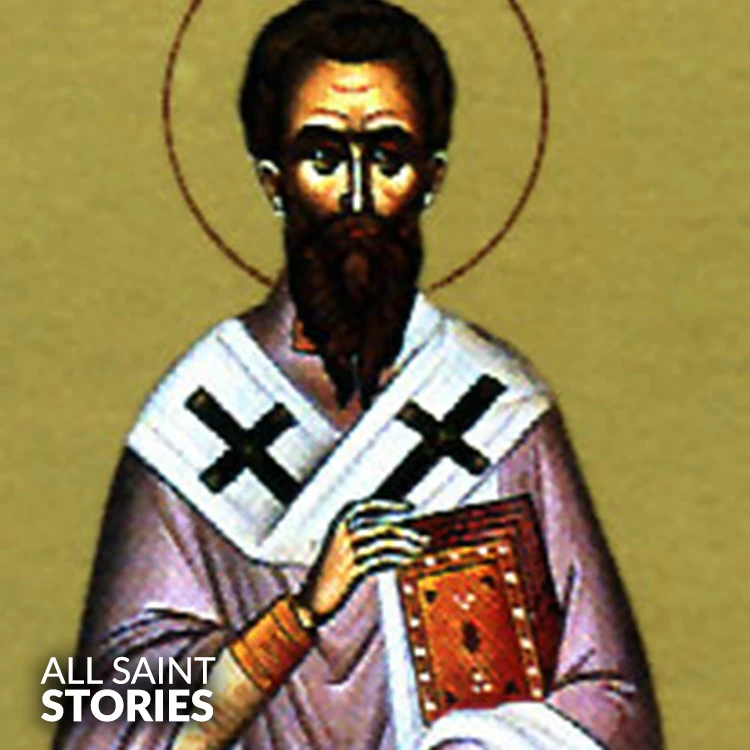
St. Simeon Barsabae was a 4th-century bishop of Seleucia-Ctesiphon in Persia who was martyred for refusing to renounce Christianity and is honored as a steadfast defender of the faith.
St. Simeon Barsabae was the bishop of Seleucia-Ctesiphon, the capital of the Sassanid Empire (modern-day Iraq/Iran), during a time of intense persecution against Christians. He served the Church in Persia at a time when King Shapur II viewed Christianity with suspicion, associating it with the Roman Empire—Persia's long-time rival. Simeon was a courageous and learned leader who resisted imperial attempts to suppress the Christian faith in the region.
In 339 AD, when King Shapur II began enforcing harsh decrees against Christians, Bishop Simeon refused to comply with the state-imposed apostasy. He was ordered to worship the sun and renounce Christ, which he adamantly refused. His unwavering loyalty to the faith resulted in his arrest along with hundreds of clergy and faithful. Despite the threat of death, Simeon remained resolute in his confession of Christ.
On Good Friday, April 17, 341 AD, Simeon and a group of companions—including priests, deacons, and prominent Christian laymen—were executed by beheading after enduring severe torture. Among those martyred with him were Abdecalas and Ananias, two priests who had been his close co-workers in the Church.
Simeon Barsabae is revered not only for his martyrdom but for his pastoral leadership and unwavering commitment to Christ and His Church. His sacrifice marked the beginning of one of the most severe waves of Christian persecution in the Persian Empire, which lasted several decades. Despite the trials, the Church in Persia continued to grow, inspired by Simeon's witness and courage.
He is honored today by both Eastern and Western Christian traditions as a symbol of fidelity and endurance. His memory lives on particularly among the Assyrian, Chaldean, and Syriac Churches.
Video Not Found
The information on this website is compiled from various trusted sources. While we aim for accuracy, some details may be incomplete or contain discrepancies.
If you notice any errors or have additional information about this saint, please use the form on the left to share your suggestions. Your input helps us improve and maintain reliable content for everyone.
All submissions are reviewed carefully, and your personal details will remain confidential. Thank you for contributing to the accuracy and value of this resource.
Credits & Acknowledgments
- Anudina Visudhar (Malayalam) – Life of Saints for Everyday
by Msgr. Thomas Moothedan, M.A., D.D. - Saint Companions for Each Day
by A. J. M. Mausolfe & J. K. Mausolfe - US Catholic (Faith in Real Life) – Informational articles
- Wikipedia – General reference content and images
- Anastpaul.com – Saint images and reflections
- Pravachaka Sabdam (Malayalam) – Saint-related content and insights
We sincerely thank these authors and platforms for their valuable contributions. If we have unintentionally missed any attribution, please notify us, and we will make the correction promptly.
If you have any suggestion about ST. SIMEON BARSABAE
Your suggestion will help improve the information about this saint. Your details will not be disclosed anywhere.
© 2026 Copyright @ www.allsaintstories.com

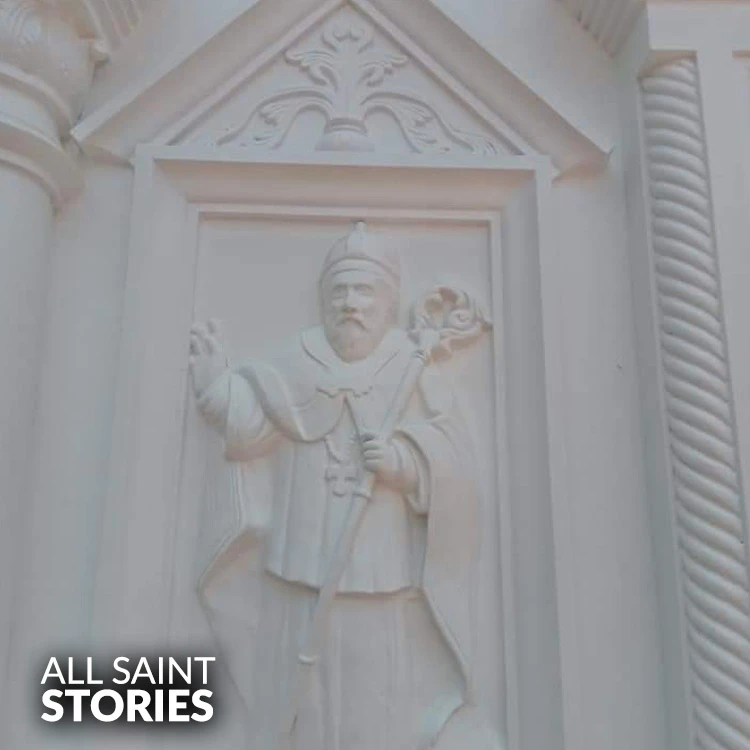
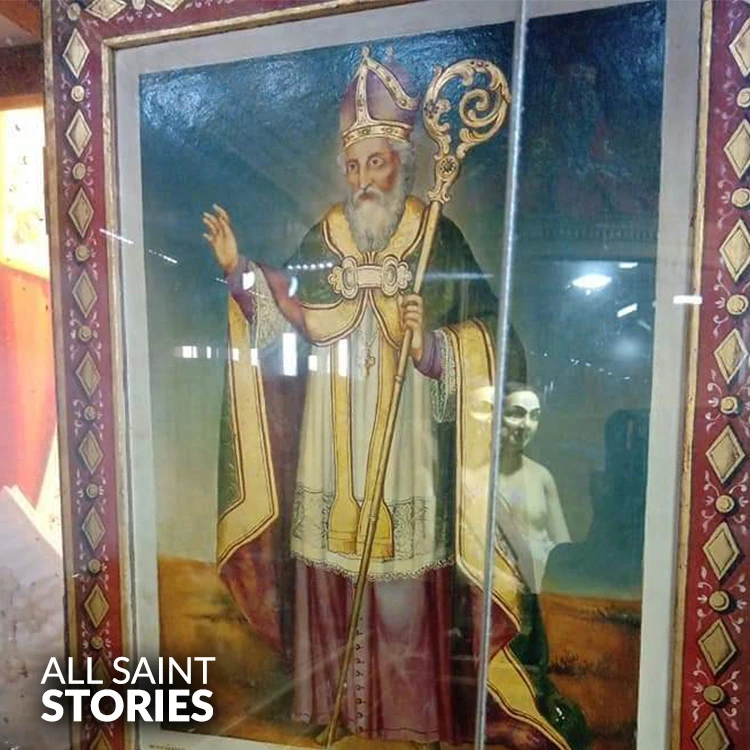
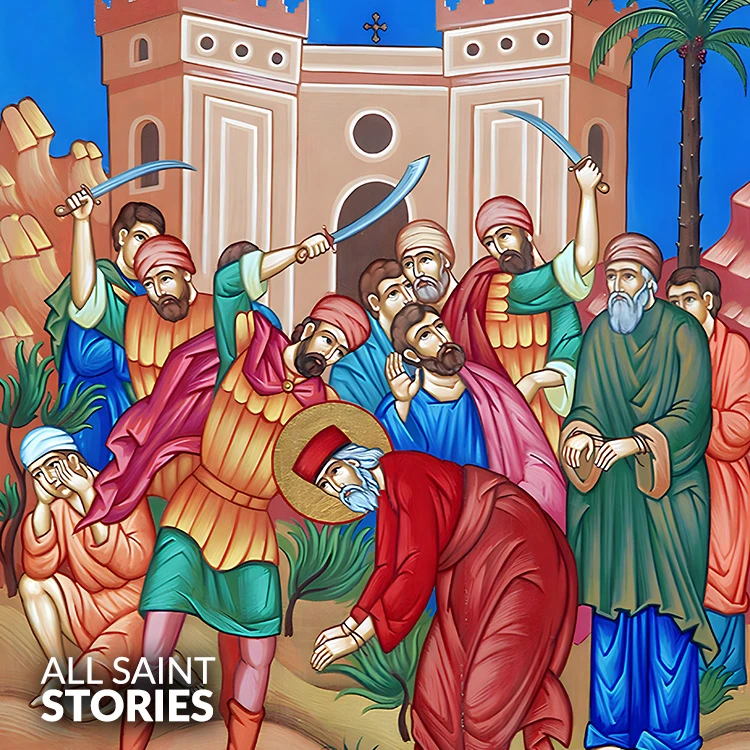
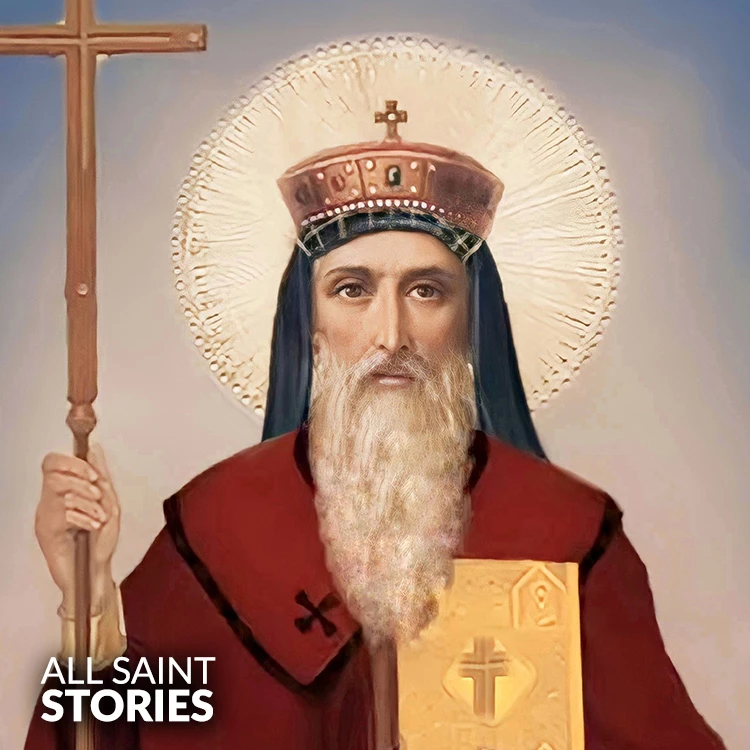

 English
English
 Italian
Italian
 French
French
 Spanish
Spanish
 Malayalam
Malayalam
 Russian
Russian
 Korean
Korean
 Sinhala
Sinhala
 Japanese
Japanese
 Arabic
Arabic
 Portuguese
Portuguese
 Bantu
Bantu
 Greek
Greek
 German
German
 Dutch
Dutch
 Filipino
Filipino